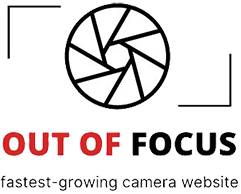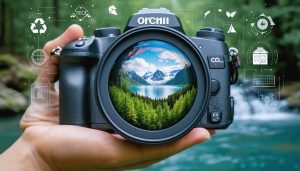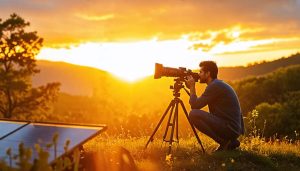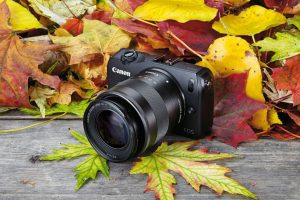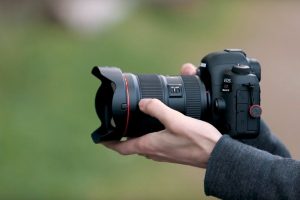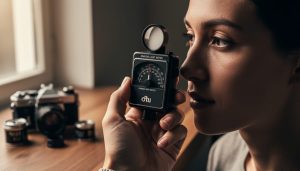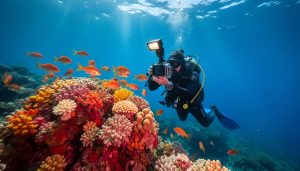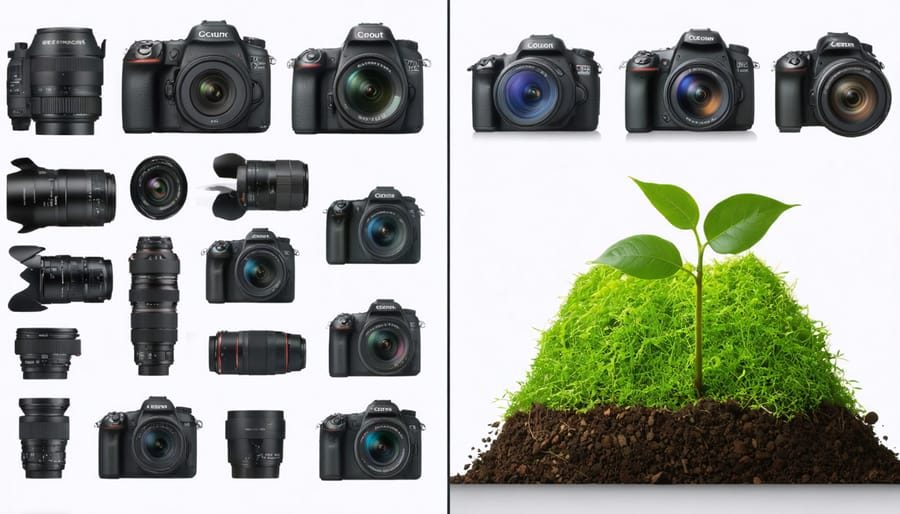
Transform your photographic journey in 2023 through immersive workshops that blend traditional expertise with cutting-edge techniques. As digital technology evolves and environmental consciousness grows, photography workshops have adapted to offer more than just technical training – they’re now comprehensive experiences that embrace sustainable practices while mastering the art of visual storytelling.
Today’s photography workshops combine hands-on learning with environmental responsibility, featuring specialized sessions on natural light manipulation, eco-friendly photography gear, and minimal-impact location shooting. Whether you’re a beginner looking to understand camera basics or a seasoned professional seeking to refine your craft, 2023’s workshop landscape offers unprecedented opportunities to grow while respecting our planet.
From intimate masterclasses in urban settings to wilderness photography expeditions, this year’s workshops emphasize both technical excellence and environmental stewardship. Industry leaders are incorporating sustainable practices into their teaching methodologies, showing photographers how to create stunning images while minimizing their ecological footprint.
Join us as we explore the most innovative photography workshops of 2023, where artistic vision meets environmental consciousness, and discover how you can elevate your photography skills while contributing to a more sustainable future in visual arts.
Why Sustainable Photography Matters Now
The Environmental Cost of Traditional Photography
Traditional photography practices, while cherished, carry significant environmental implications that are often overlooked. The production of photographic film involves chemical processes that generate hazardous waste, including silver compounds and processing chemicals that can harm aquatic ecosystems when improperly disposed of. Additionally, the manufacturing of camera equipment and printing materials contributes to resource depletion and carbon emissions.
Consider this: a single roll of film requires approximately 1 gallon of water for processing, and professional photo labs can use thousands of gallons monthly. The production of photographic paper also demands substantial wood pulp and chemical resources, while disposing of single-use cameras and outdated equipment adds to growing electronic waste concerns.
Even digital photography isn’t entirely green, with energy-intensive data centers storing our images and the environmental cost of manufacturing electronic devices. However, awareness is growing, and photographers are increasingly seeking sustainable alternatives. From using rechargeable batteries to choosing eco-friendly printing labs and implementing digital workflows, there are numerous ways to reduce our photographic footprint while maintaining creative excellence.
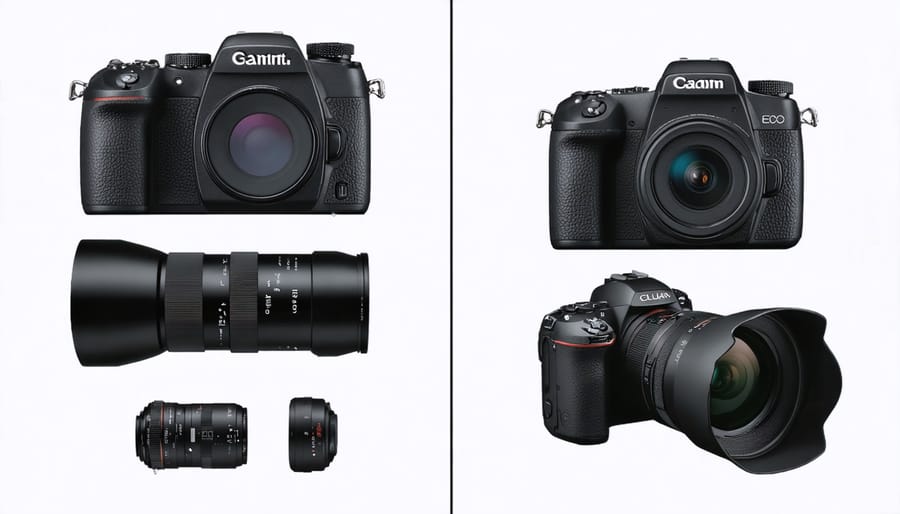
Green Photography Techniques
Photography isn’t just about capturing beautiful moments; it’s also about preserving the environment for future generations to photograph. Our workshop introduces photographers to essential sustainable photography practices that minimize environmental impact while maximizing creative potential.
Learn how to reduce your carbon footprint through smart equipment choices, such as investing in rechargeable batteries and responsibly disposing of chemical waste from developing processes. We’ll explore eco-friendly alternatives to traditional photography materials and demonstrate how to organize shoots that respect natural habitats.
Participants will discover the benefits of digital asset management to reduce physical storage needs, techniques for minimizing battery consumption during long shoots, and methods for creating stunning nature photography without disturbing wildlife or plant life. We’ll also cover how to source environmentally responsible printing materials and work with eco-conscious clients.
The workshop emphasizes practical solutions that not only benefit the environment but often result in cost savings and improved workflow efficiency. Join us in making photography a more sustainable art form for generations to come.
Top Sustainable Photography Workshops in 2023
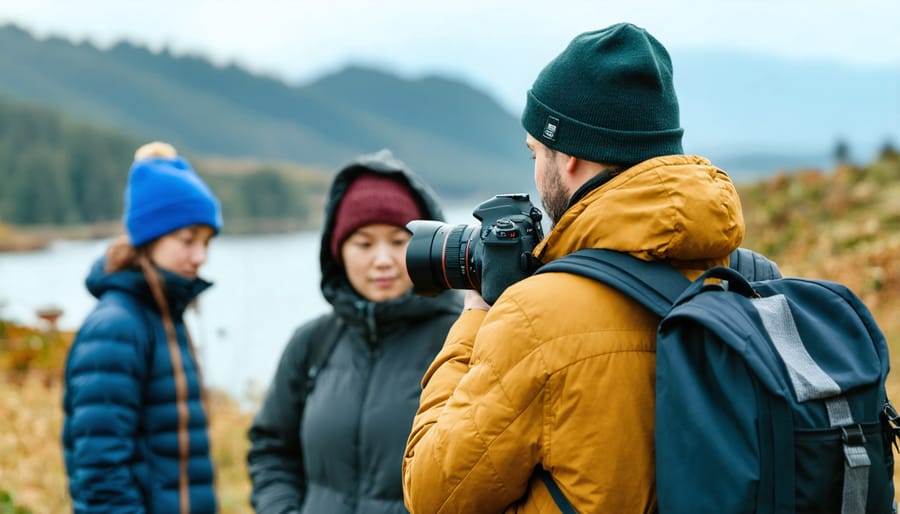
Local Landscape Photography Workshops
In an era where sustainability meets creativity, local landscape photography workshops are emerging as the perfect solution for photographers seeking to minimize their environmental impact while maximizing their skills. These workshops, often overlooked in favor of exotic destinations, offer unique opportunities to discover hidden gems in your own backyard while developing advanced photography techniques.
Many photographers are surprised to learn that some of the most impactful nature photography workshops happen within a 50-mile radius of major cities. Local workshops typically run over weekends or as evening sessions, making them accessible for busy professionals while reducing carbon emissions from long-distance travel.
These programs focus on teaching photographers to see familiar landscapes with fresh eyes. Participants learn essential skills like reading local weather patterns, understanding seasonal light changes, and identifying prime shooting locations that can be visited repeatedly throughout the year. This repeated access allows photographers to develop a deeper connection with their subjects and create more meaningful work.
Local workshops also foster community building among photographers in your area, creating lasting networks for skill-sharing and creative collaboration. Many participants report that these connections become invaluable resources for their ongoing photographic journey, leading to informal meetups and shared shooting sessions long after the workshop ends.
Digital-First Workshop Experiences
In 2023, photography workshops underwent a dramatic transformation, embracing digital-first experiences that blend convenience with comprehensive learning. Virtual classrooms now offer intimate sessions where participants can perfect their craft from home while receiving real-time feedback from industry experts. These online workshops utilize high-definition streaming, multi-angle demonstrations, and interactive critique sessions to ensure students don’t miss out on crucial details.
Many leading photographers have adapted their teaching methods, incorporating split-screen technology to simultaneously show camera settings and resulting images. Workshop participants can now join live shooting sessions remotely, with instructors using multiple camera setups to demonstrate techniques from various angles. Post-processing sessions have become more engaging through screen-sharing capabilities, allowing students to follow along in real-time with their own images.
Hybrid workshops have emerged as a popular middle ground, combining online theory sessions with optional in-person shooting days. This flexible approach allows photographers to manage their learning around busy schedules while still experiencing hands-on practice when needed. Some workshops now offer extended access to recorded sessions, enabling participants to revisit complex topics at their own pace.
Digital-first workshops have also made expert instruction more accessible to photographers worldwide, eliminating geographical barriers and reducing the carbon footprint associated with travel. Interactive elements like virtual breakout rooms and online portfolio reviews maintain the collaborative atmosphere that makes traditional workshops so valuable.
Zero-Waste Photography Sessions
In response to growing environmental concerns, our Zero-Waste Photography Sessions focus on minimizing the ecological footprint of photography practices while maintaining professional quality. These workshops teach photographers how to create stunning images while implementing sustainable practices throughout their workflow.
Participants learn practical techniques such as digital-first approaches to reduce paper waste, implementing reusable equipment protection instead of single-use materials, and organizing shoots that minimize travel impact. The sessions cover everything from eco-friendly lighting setups to sustainable print solutions and proper disposal of photography chemicals.
A key component of these workshops is the “digital workflow optimization” module, where photographers learn to maximize storage efficiency and reduce energy consumption through smart file management and equipment usage. We also explore alternative processing methods that use fewer chemicals and natural lighting techniques that decrease reliance on artificial power sources.
The workshops emphasize the importance of location scouting with environmental consciousness, teaching photographers how to capture remarkable images while respecting and preserving natural settings. Participants receive guidance on selecting environmentally responsible vendors and suppliers for their photography needs.
Each session includes hands-on practice with sustainable equipment maintenance, extending gear lifespan, and exploring eco-friendly packaging options for delivering final products to clients. By the end of the workshop, photographers leave with actionable strategies to implement zero-waste practices in their daily work.
Sustainable Gear and Practices
Eco-Friendly Equipment Choices
As photographers become more environmentally conscious, selecting eco-friendly photography equipment has become increasingly important. During our workshop, we’ll explore sustainable gear options that don’t compromise on quality while reducing our environmental impact.
Start with your camera bodies and lenses – consider buying secondhand equipment from reputable dealers. Modern used gear often performs just as well as new items, and you’ll be extending the lifecycle of existing products. We’ll show you how to properly evaluate used equipment and what to look for during inspection.
Battery management plays a crucial role in sustainable photography. Invest in high-quality rechargeable batteries and solar charging solutions for location shoots. Many workshop participants are surprised to learn that proper battery care can extend their life by up to 50%, significantly reducing waste.
For accessories, look into products made from recycled materials. Camera straps crafted from reclaimed climbing rope, camera bags manufactured from recycled plastics, and filters housed in biodegradable packaging are all excellent options. We’ll demonstrate how these alternatives perform in real-world situations and share maintenance tips to extend their lifespan.
Remember, sustainable equipment choices aren’t just about purchasing – proper maintenance is key. Our workshop includes hands-on sessions on cleaning and caring for your gear, helping you maximize its longevity. You’ll learn professional maintenance techniques that not only protect your investment but also reduce the need for frequent replacements.
By making mindful equipment choices and maintaining them properly, you can significantly reduce your photography’s environmental impact while maintaining professional-quality results.
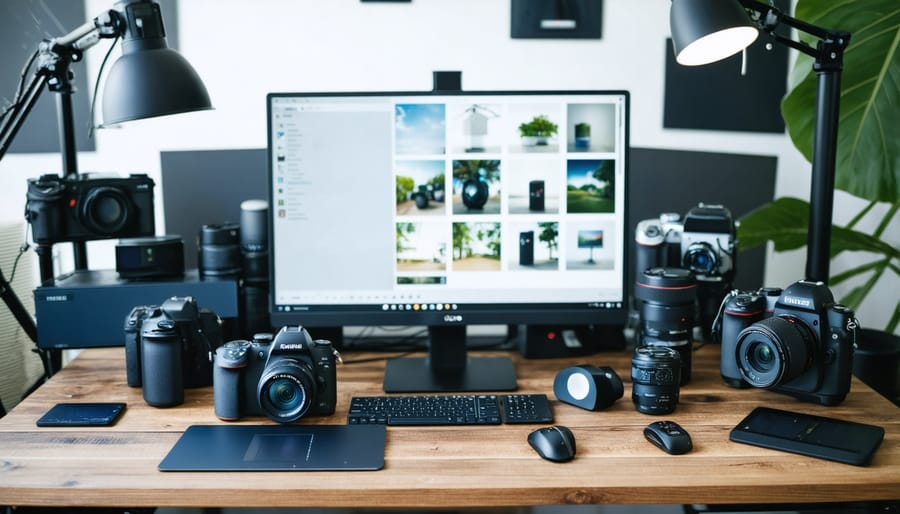
Digital Asset Management
In today’s digital age, managing your photography assets efficiently isn’t just about organization – it’s about sustainability too. Cloud storage has revolutionized how we store photos, but it comes with an environmental cost due to energy-intensive data centers. Workshop participants learned innovative approaches to reduce their digital carbon footprint while maintaining professional workflows.
A key takeaway was the implementation of smart archiving strategies. Instead of keeping all images in readily accessible cloud storage, photographers were encouraged to adopt a tiered storage approach. High-resolution originals of completed projects can be moved to cold storage, which uses significantly less energy, while maintaining easily accessible previews for client browsing.
The workshop introduced energy-efficient software solutions that optimize image processing. By utilizing AI-powered batch processing tools, photographers can reduce computer processing time and energy consumption while maintaining high-quality output. Participants learned how to configure their editing software to use GPU acceleration effectively, resulting in faster processing times and lower power consumption.
Local storage solutions weren’t overlooked either. The workshop covered the benefits of modern, energy-efficient NAS (Network Attached Storage) systems for primary storage needs. These systems offer the perfect balance between accessibility and energy efficiency, especially when configured with power-saving features like automated spin-down during inactive periods.
One fascinating case study showed how a professional wedding photographer reduced their annual digital storage energy consumption by 60% through implementing these strategies, without compromising their workflow or client delivery standards. The workshop also addressed future-proofing strategies, ensuring that as technology evolves, photographers can adapt their asset management approaches while maintaining their commitment to sustainability.
Making the Most of Your Workshop Experience
To make the most of your photography workshop experience while staying mindful of environmental impact, preparation and mindfulness are key. Before the workshop, familiarize yourself with basic camera settings and eco-friendly photography methods to hit the ground running.
Pack smart and light – bring only essential gear to reduce your physical and environmental footprint. A versatile zoom lens often proves more practical than multiple prime lenses, and rechargeable batteries are both cost-effective and eco-conscious.
During the workshop, stay present and engaged. Take notes on your phone rather than paper, and don’t feel pressured to photograph everything. Sometimes, observing your instructor’s technique or listening to their explanation yields more valuable insights than constant shooting.
Make the most of group sessions by asking thoughtful questions and sharing your perspectives. Your fellow participants often provide unique insights and different approaches to similar challenges. Consider forming a small study group for post-workshop practice and support.
When shooting on location, follow the “leave no trace” principle. Stick to designated paths, respect wildlife distances, and avoid disturbing natural environments for the perfect shot. Remember that great photographs can be made while preserving the beauty we’re capturing.
Maximize your learning by reviewing each day’s work in the evening. Use downtime to organize your photos, making notes about techniques that worked well and areas for improvement. This reflection helps cement new knowledge and identifies questions for the next day’s session.
Finally, maintain connections with your workshop community through social media or photography forums. These relationships often lead to future learning opportunities and collaborative projects, extending the workshop’s value well beyond its official duration.
As we look ahead, the importance of sustainable photography education continues to grow, shaping not just how we capture images but how we impact the world around us. The workshops of 2023 have demonstrated that photographers are increasingly conscious of their environmental footprint while maintaining their creative vision. This shift towards eco-friendly practices and sustainable techniques has proven that responsible photography can coexist with artistic excellence.
The future of photography education looks promising, with more workshops incorporating sustainability principles into their core curriculum. As technology evolves and environmental awareness increases, we can expect to see even more innovative approaches to sustainable photography in upcoming workshops. Whether you’re a beginner or a seasoned professional, investing in sustainable photography education today will prepare you for the industry’s future demands while contributing to a more environmentally conscious photography community.
Remember, every small step towards sustainable practices counts, and the knowledge gained from these workshops will continue to benefit both your craft and our planet.
